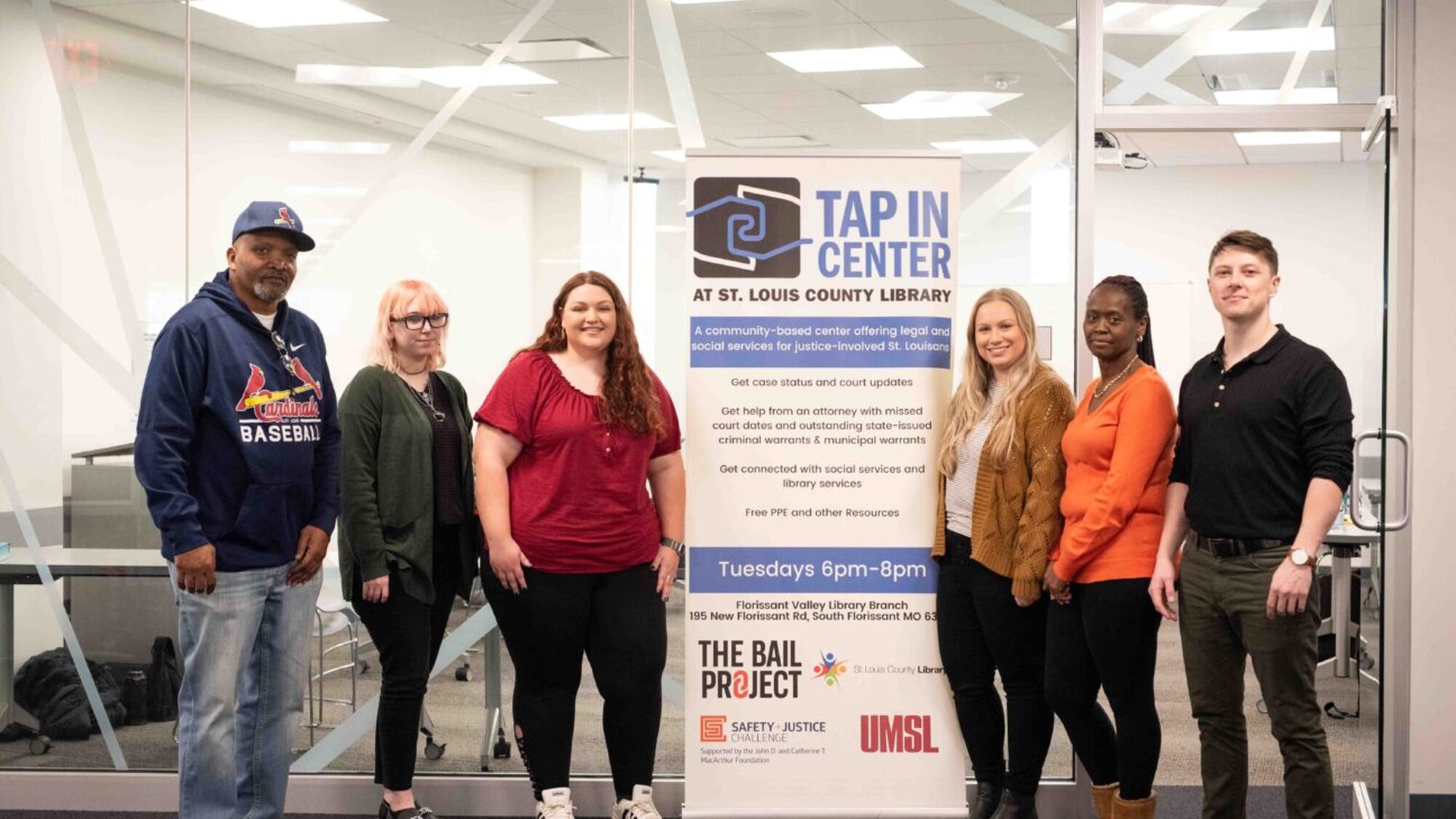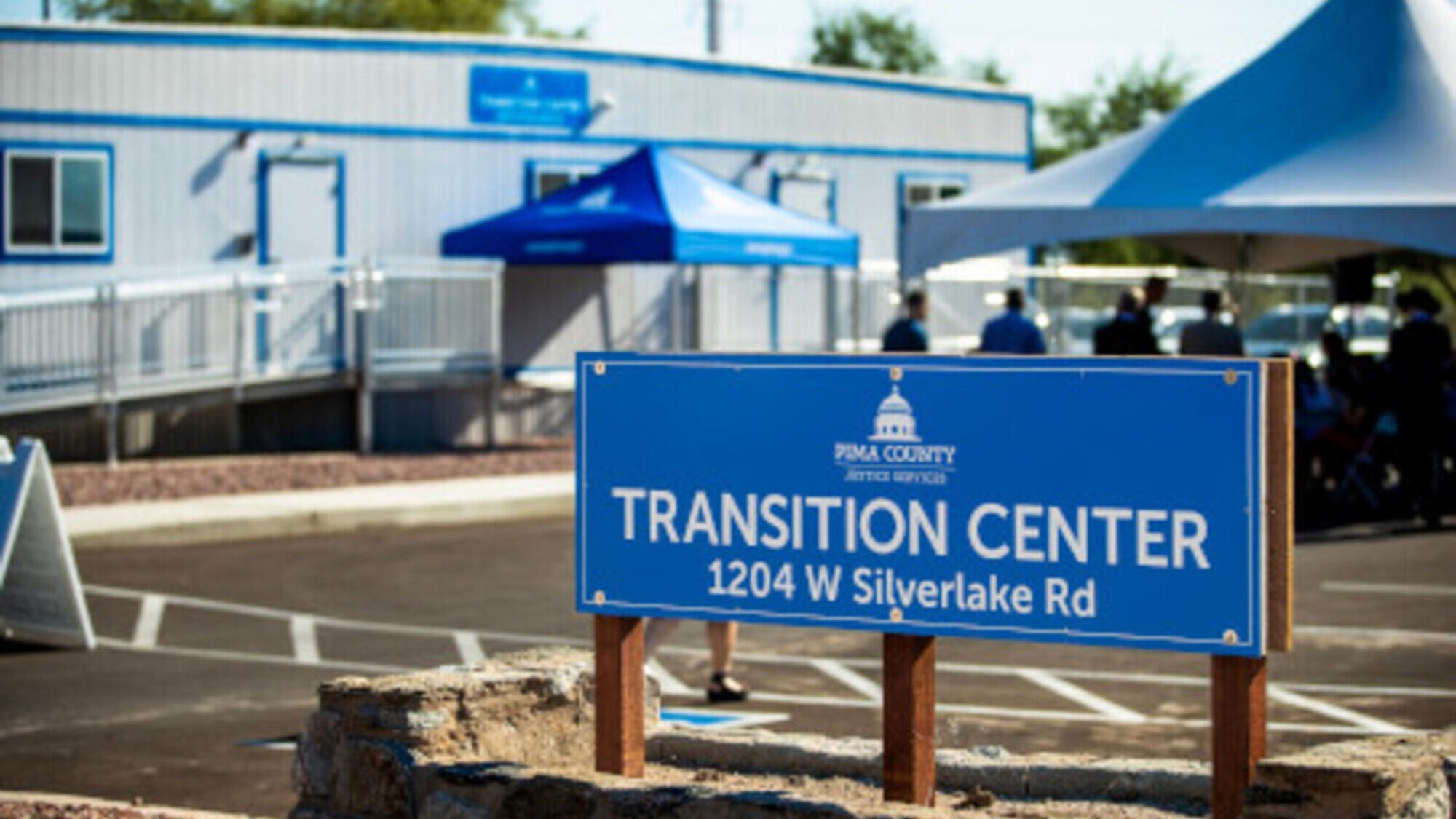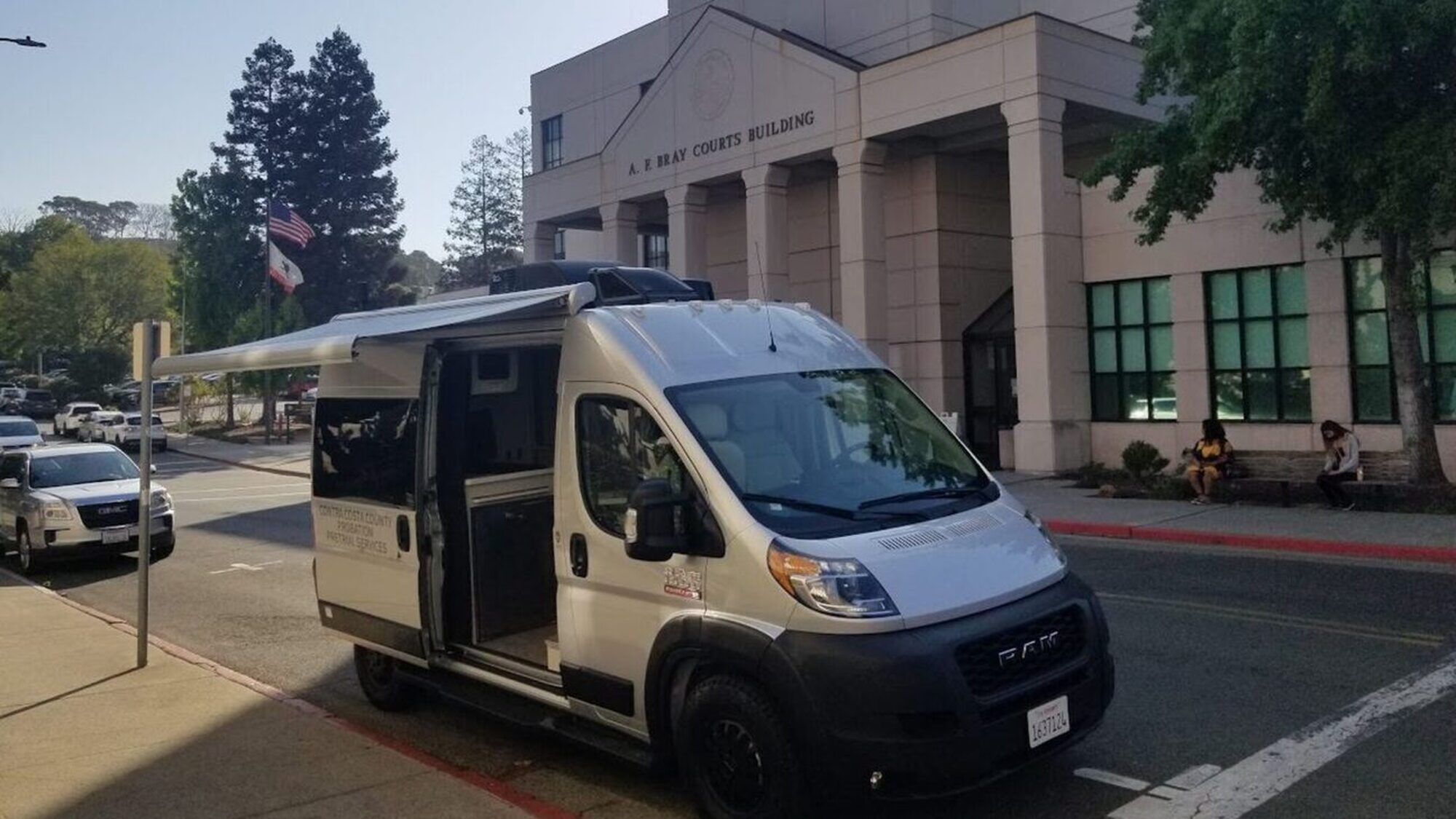The Importance of an Inventory
A pretrial services inventory lists the services, activities, and interventions that agencies and organizations in your jurisdiction provide or can provide to people on pretrial release. Common services include court date notifications, check-ins with pretrial services staff, and referrals to behavioral health treatment.
Pretrial services staff typically provide these services and referrals. However, If your jurisdiction doesn’t have a pretrial services agency, services can be offered in creative ways. For example, court clerks or human services professionals could provide reminders and oversee periodic check-ins. Or, community-based or faith-based volunteers could help people get to court.
Documenting your pretrial services in an inventory is useful because:
- It makes your local stakeholders aware of the options that exist to help people appear in court and remain arrest-free during pretrial release
- It shows which agency or organization provides each service
- It can indicate whether research demonstrates the service improves outcomes
- It can identify gaps in services your team should consider in the future
Using the Inventory
Use the inventory when your jurisdiction prepares the table of release conditions in a Release Conditions Matrix and when your pretrial services agency is planning its delivery of supportive services and pretrial supervision.
Share your inventory with community members and your local media to explain how your jurisdiction helps people attend court hearings and remain arrest-free.
How to Develop the Inventory
Typically, a director or manager of a pretrial services agency has the knowledge to create the inventory. If your jurisdiction doesn’t have a pretrial services agency, any local stakeholder familiar with available resources can create the inventory. That person can enlist the help of others as needed, usually through a few brief phone calls or meetings.
Use this Pretrial Services Inventory Template (DOWNLOAD XLS) to get started. Among other things, it lists the type of service and who provides and receives the service, and it indicates whether the practice is supported by research and mandated by state law. Read APPR’s Pretrial Research Summaries to assess practices supported by research.
Expand Your Inventory
Many pretrial services agencies are starting to transition away from monitoring compliance with court-ordered conditions toward providing assistance and support. This is because the field has a better understanding of foundational pretrial legal principles and research on what works. There is also an urgency to achieve more fairness and equity, especially toward people of color and those who are economically disadvantaged.
In partnership with other criminal legal system agencies, such as the courts, prosecutor’s or defense attorney’s offices, and community-based service providers, pretrial agencies are developing services that focus squarely on helping people succeed. Examples include:
- Giving people more flexibility in scheduling their court hearings
- Allowing people to appear by phone or videoconference for court hearings and pretrial supervision check-ins
- Providing bus passes or transportation vouchers to help people get to court
- Connecting people to relevant services, such as behavioral health services, housing assistance, and job skills training
- Offering child care assistance while people appear in court
- Allowing people who were issued arrest warrants for failing to appear for court hearings an opportunity to clear their warrants without being arrested
Supporting Success
These types of services do not belong in your Release Conditions Matrix because they are not typically court-ordered. But it is important to start thinking about the services people need to help them succeed upon release. This is a conversation you may want to have with all of the local stakeholders.
Read the stories below from other jurisdictions—large and small—promoting pretrial success through voluntary supportive services.













